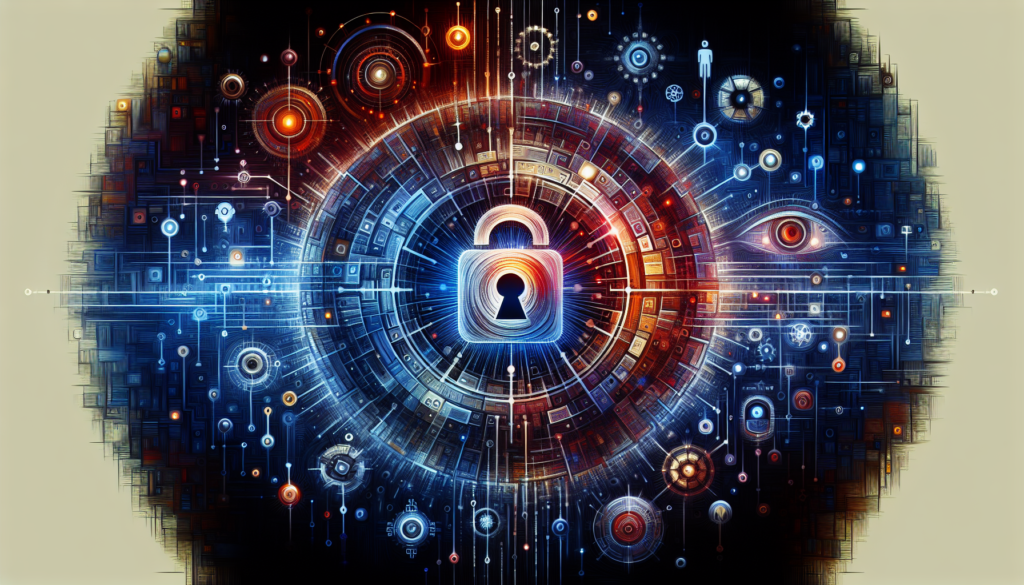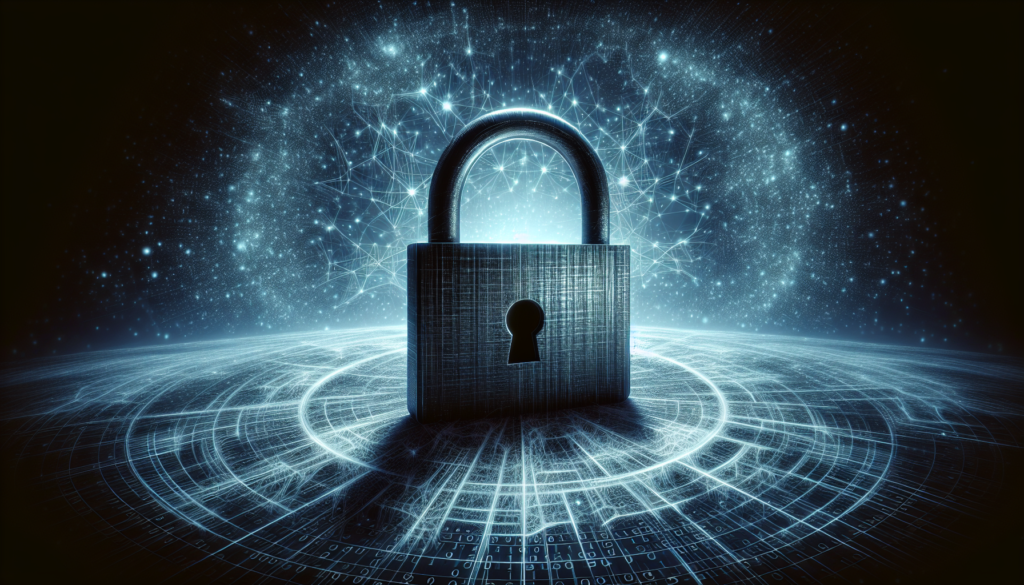In today’s digital age, where we are constantly connected and sharing personal information online, the concept of privacy in cyber safety has become more important than ever. Privacy in cyber safety refers to the protection and control over your personal information and online activities to ensure they stay private and secure. As we navigate the vast world of the internet, it is crucial that we understand the significance of privacy and take necessary steps to safeguard our digital footprint.
Understanding Privacy in Cyber Safety
Defining Privacy in the Cyber World
Privacy in the cyber world refers to the ability to control and protect personal information and activities conducted online. It encompasses the right to keep certain aspects of our lives private and the freedom to control how our data is collected, used, and shared by others. In the digital age, where data is constantly being collected and shared, understanding privacy is crucial for ensuring our safety and well-being online.
The Importance of Privacy in Cyber Safety
Privacy plays a vital role in cyber safety for several reasons. Firstly, it helps safeguard our personal information, such as our financial details, addresses, and social security numbers, from falling into the wrong hands. By protecting this information, we can reduce the risk of identity theft, fraud, and other crimes.
Moreover, privacy is essential for maintaining autonomy and personal freedom. It allows individuals to have control over their online presence and the ability to decide what information they share and with whom. Privacy empowers individuals to express themselves freely without fear of judgment or repercussion.
Additionally, privacy encourages individuals to engage in online activities such as research, communication, and information sharing without the fear of being monitored or targeted. When privacy is respected, individuals feel more comfortable and safe navigating the digital world.

Different Aspects of Privacy in Cyber Safety
Privacy in cyber safety encompasses various aspects, including:
-
Data privacy: This refers to the protection of personal data, such as names, addresses, email addresses, phone numbers, and other personally identifiable information (PII). It involves implementing measures to prevent unauthorized access, use, or disclosure of this data.
-
Communication privacy: This relates to the confidentiality of online communications, including emails, instant messages, voice calls, video chats, and social media interactions. It involves ensuring that these communications remain private and are not intercepted or monitored without consent.
-
Browsing privacy: This involves protecting one’s online activities, such as browsing history, search queries, and websites visited, from being tracked or monitored by third parties. It includes the use of tools like virtual private networks (VPNs), browser extensions, and secure browsing modes to preserve anonymity and prevent unauthorized surveillance.
-
Location privacy: This pertains to the protection of one’s physical location and movements while using connected devices, such as smartphones, laptops, or wearable devices. It involves being mindful of location-sharing settings and permissions granted to apps and services that may track and store location data.
Protecting Personal Information in Cyber Space
The Need for Protecting Personal Information
The digital landscape presents numerous risks to personal information. Hackers and cybercriminals are constantly seeking ways to infiltrate systems and gain access to sensitive data. Therefore, protecting personal information is of utmost importance to ensure cyber safety.
When personal information falls into the wrong hands, individuals may become victims of identity theft, financial fraud, or even online harassment. The consequences of these crimes can be devastating, leading to financial loss, reputational damage, and emotional distress.
Furthermore, personal information can be exploited by companies for targeted advertising, data profiling, or sold to third parties without the individual’s consent. Thus, safeguarding personal information is crucial for maintaining privacy and control over one’s digital identity.

Measures to Protect Personal Information Online
There are several measures individuals can take to protect their personal information online:
-
Strong and unique passwords: Create strong, complex passwords for all online accounts, and avoid reusing passwords across multiple platforms. Consider using password managers to securely store and generate passwords.
-
Two-factor authentication (2FA): Enable 2FA whenever possible, which adds an extra layer of security by requiring a second verification method, such as a code sent to your phone, in addition to your password.
-
Keep software up to date: Regularly update operating systems, applications, and antivirus software to ensure they have the latest security patches and protection against known vulnerabilities.
-
Be cautious of phishing: Be vigilant of phishing attempts, which are fraudulent emails or messages that aim to trick individuals into revealing personal information. Verify the authenticity of requests before providing any sensitive information.
-
Encrypt sensitive data: Utilize encryption tools and technologies to protect sensitive data, both at rest and during transit. Encryption converts data into an unreadable format, making it difficult for unauthorized parties to access or decipher.
-
Limit information sharing: Be mindful of the information you share online, especially on social media platforms. Avoid sharing unnecessary personal details that could be exploited by cybercriminals.
Safe Online Practices to Protect Privacy
